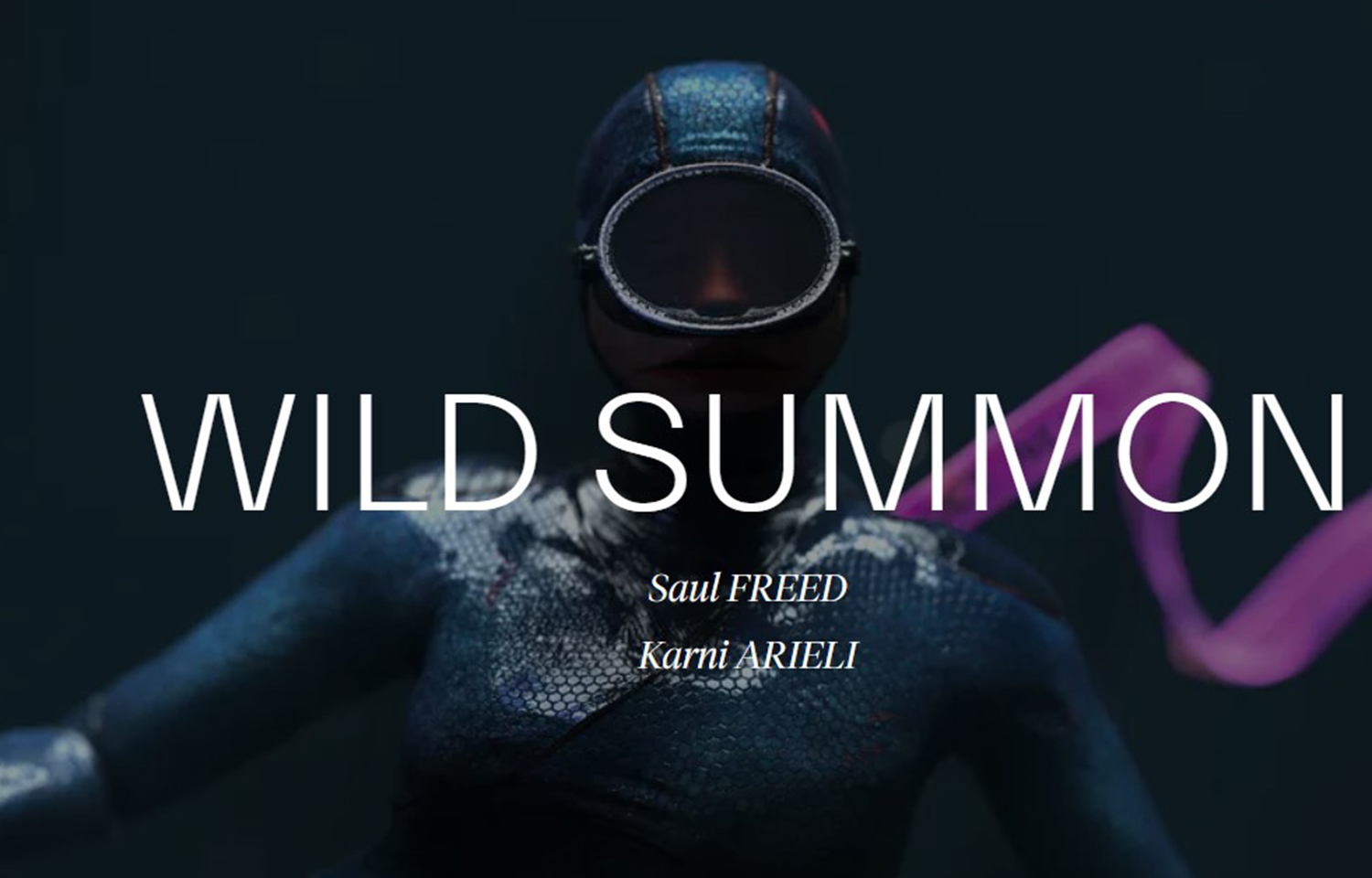"Wild Summon," a short film that follows the lifespan of a salmon, is turning many of its viewers away from eating seafood.
The film uses computer animation to replace the salmon it features with human subjects in an attempt to trigger human emotion, according to Yahoo News. Throughout the film, the female protagonist encounters bears, birds, fishing vessels, and more challenges before eventually returning to its place of birth and spawning a new generation.
“She has to give birth to a new generation and die, so she's a warrior. And, we felt that we wanted to give her the respect and tell the journey through her eyes," Director Karni Arieli said. "I'm a mother. But, I don't see myself often portrayed in films, and why not? You know, giving birth is pretty much the most epic thing you can do."
The film premiered at the 2023 Cannes Film Festival, which took place from 16 to 17 May 2023 in Cannes, France. Directors Karni Arieli and Saul Freed said they were not trying to turn people off of eating seafood but, instead, get them to more carefully consider the choices they are making when purchasing seafood products.
Before creating the film, Arieli was a pescatarian but has since fully removed fish from her diet.
“On Instagram, I’ve had loads of people saying, 'I’ll never eat fish again,'" Arieli said. “We try not to be preachy. People ask: What do you want people to take away? What do you want them to feel? I just want them to feel. I'm not going to tell them what to feel; that's bad filmmaking.”
Other recent film projects that have been critical of the seafood industry and seafood consumption in various ways include Seaspiracy, My Octopus Teacher, and Artifishal. Most recently, Netflix's January 2024 release of its new docuseries titled "You Are What You Eat: A Twin Experiment" has received blowback from the seafood industry. The four-episode docuseries explores connections between diet, genetics, and health following four identical twins over eight weeks. During the duration of the study, one twin followed a vegan diet, and the other ate an omnivore diet.
The Global Salmon Initiative (GSI) responded to the film, saying it is “disappointed to see the show lacked the type of holistic, factual, and balanced information” regarding salmon consumption.
“The series highlighted the broad impacts of diet on health, climate, and social issues, but it asserted a pro-vegan bias, claiming to be educational yet lacking in scientific rigor and key details. While it is widely acknowledged the future of food will undoubtedly be plant-rich, it will not be exclusively plant-based, as this would come with its challenges. What the show lacked was a more holistic and nuanced perspective on the food system and some of the broader considerations we each need to make when choosing what to buy and consume,” GSI said in a release. “What’s more, when it comes to the segment on farmed salmon, the research publication the series is based on does not draw any specific conclusions related to seafood and contains no mentions of salmon – farmed or wild. Yet ... the series included unsubstantiated criticisms of farmed salmon.”








